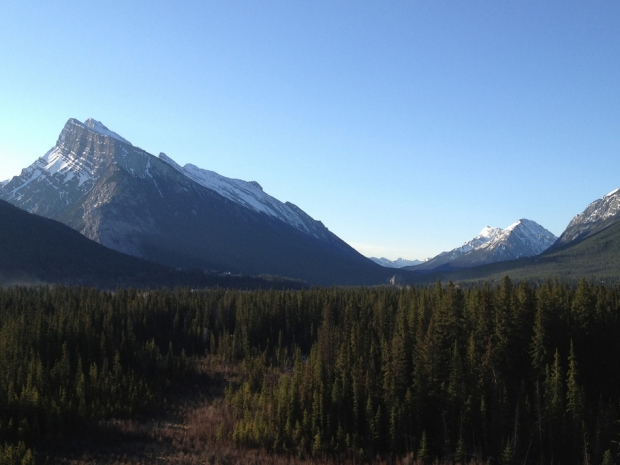This article is one in a series, all dealing with concepts involving economic theory and exploring models of prosperity and wealth. In Gleanings from the Writings of Baha’u’llah, the Blessed Beauty* urges us to, “Be anxiously concerned with the needs of the age ye live in, and center your deliberations on its exigencies and requirements”. The author is striving from that perspective. Please note that these essays do not represent the official stance of any organization, rather they are the current understanding of one individual.
*The Blessed Beauty (or Jamál-i-Mubárak) is a title frequently applied to Baha’u’llah by followers and friends.
A commonly expressed belief about the economy is that it is not sustainable. But is that really true? Or have we heard this repeated so often that we begin to accept it without reservation? What do the facts state on this matter?
First, however, we should reframe the question and will use the environment as a parallel.
No matter the transformation that the environment will undergo over the next several centuries and millennia – a relatively uneventful series of progressions, more significant ecological change due to phenomena associated with global warming, or transformations never even imagined – the environment will continue. It will not cease to exist. The environment itself simply is.
An altogether different matter is the ability of humankind to function within the environment it inhabits. Ecological change can suddenly displace entire communities. New technology must be invented when a key natural resource is extinguished. Entire species become extinct when they can no longer survive in an ecosystem. Industries spring up to capitalize on a particular set of environmental conditions.
The nature of humanity’s symbiotic relationship with the environment is a resonating and meaningful metaphor in striving to better understand the economy. Adaptation, sudden change, displacement, capitalizing on propitious conditions – these are human dynamics manifested in our relationship with both the economy and the environment.
Much like the environment simply is, I would argue that the economy simply is. Both the environment and the economy are systems. Both are global in nature, yet manifest profound differences on local and regional levels. Butterfly effects abound in each. Human behavior both shapes and inhabits these systems.
Imagine a prospering community. It has a diverse range of industries, primarily focused on a key natural resource. Families live in beautiful homes and spend their time on a wide range of artistic and recreational activities. But the community has learned that the key natural resource is nearly gone. What will happen should the key natural resource become entirely depleted? What if the local industries are unable to adapt? The local economy’s present structure will no longer be able to sustain the community as it is presently ordered. In the months, years, and decades ahead, the economy will surely morph – perhaps into a tourist attraction or an agrarian system – and these changes will be accompanied by a change in the structure of the community’s ordering. Both the environment and the economy are dynamic systems that are constantly in flux – yet, as people, we seem to think that it shouldn’t effect the ordering of our affairs.
So back to the inquiry we began with. I would suggest we should not ask whether the economy is sustainable. We should ask whether the economy is capable of sustaining the world order as it is presently constituted. It is that question we will address in our next piece. This will include detailed economic data along with Writings from the Central Figures and the Universal House of Justice.
But let us close with these:
“As the twentieth century draws to a close, it is no longer possible to maintain the belief that the approach to social and economic development to which the materialist conception of life has given rise is capable of meeting humanity’s needs. Optimistic forecasts about the changes it would generate have vanished into the ever-widening abyss that separates the living standards of a small and relatively diminishing minority of the world’s inhabitants from the poverty experienced by the vast majority of the world’s population.”[1]
“It is not enough to proclaim the Baha’i message, essential as that is. It is not enough to expand the rolls of Baha’i membership, vital as that is. Souls must be transformed, communities thereby consolidated, new models of life thus attained. Transformation is the essential purpose of the Cause of Baha’u’llah, but it lies in the will and effort of the individual to achieve it in obedience to the Covenant.”[2]
Debate exists about the extent to which human behavior can change the environment. The same can’t be said for the economy. While changes will not be immediate, the Cause of Baha’u’llah and the unfolding of the Divine Plan will no doubt change the trajectory, shape and ordering of global economic systems. Our driving purpose will be spiritual but this will have material impact.
“O Man of Two Visions! Close one eye and open the other. Close one to the world and all that is therein, and open the other to the hallowed beauty of the Beloved.”[3]
